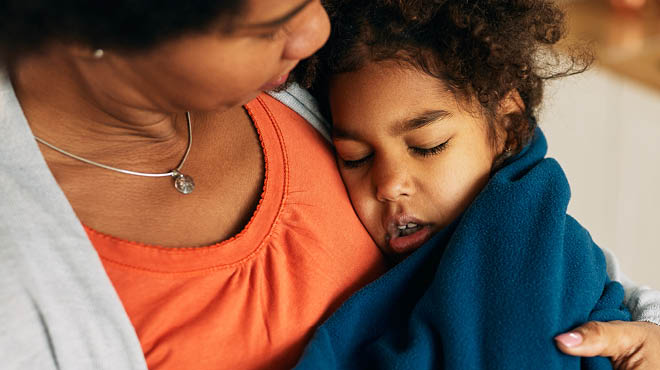Recent Posts
What you need to know about pertussis
It's that time of year. Cold and flu season is here. Symptoms of an ordinary common cold are hard not to miss. But could it be worse? Pertussis can mask itself as a cold but can pose serious health risks – especially to unvaccinated babies.
Pertussis is also commonly known as whooping cough. Children and adults alike can contract whopping cough. Yet, a simple vaccination could have prevented most cases.
Whooping cough can take one to three weeks for signs and symptoms to appear. They're usually mild at first and resemble those of a common cold:
- Runny nose
- Nasal congestion
- Sneezing
- Red, watery eyes
- A mild fever
- Dry cough
After a week or two, signs and symptoms worsen. Thick mucus accumulates inside your airways, causing uncontrollable coughing. Severe and prolonged coughing attacks may:
- Provoke vomiting
- Result in a red or blue face
- Cause extreme fatigue
- End with a high-pitched "whoop" sound during the next breath of air
Why is it so contagious?
Pertussis is a highly contagious respiratory tract infection. It is often marked by a severe hacking cough followed by a high-pitched intake of breath that sounds like "whoop." However, the characteristic "whooping" cough may be absent.
Pertussis is caused by bacteria. When an infected person coughs or sneezes, tiny germ-laden droplets are sprayed into the air and breathed into the lungs of anyone who happens to be nearby.
It is on the rise because the whooping cough vaccine one receives as a child eventually wears off. This leaves most teenagers and adults susceptible to the infection during an outbreak.
What are the treatment options?
Treatment for older children and adults who have pertussis can usually be managed at home. Antibiotics kill the bacteria causing pertussis and help speed recovery. Family members may be given preventive antibiotics.
Stay home from school or work for five days after receiving antibiotic treatment.
How can I make the coughing spells better?
Unfortunately, not much is available to relieve the cough, but these tips can help those who are being treated for pertussis at home:
- Get plenty of rest
- Drink plenty of fluids
- Eat smaller meals
- Vaporize the rooms in your house
- Keep the air clean
- Prevent transmission by washing your hands regularly throughout the day
Is pertussis preventable?
The best way to prevent whooping cough is with the pertussis vaccine. Health care providers recommend beginning vaccination during infancy. Although most pertussis vaccinations are given during infancy, there is also a vaccination called the TDaP vaccination that is offered beyond infancy. This is a very important vaccine that is offered at the 11-year-old (pre-adolescent) well child check-up. Revaccination at age 11 is recommended because of the wearing off of the immunization described above.
If you suspect you or your child has pertussis, call the Nurse Line for expert advice. If appropriate, you or your family member may be treated with antibiotics via a pertussis exposure protocol, without an office visit. The nurse line is available 24/7 for Mayo Clinic Health System patients.
By Mayo Clinic Health System staff






